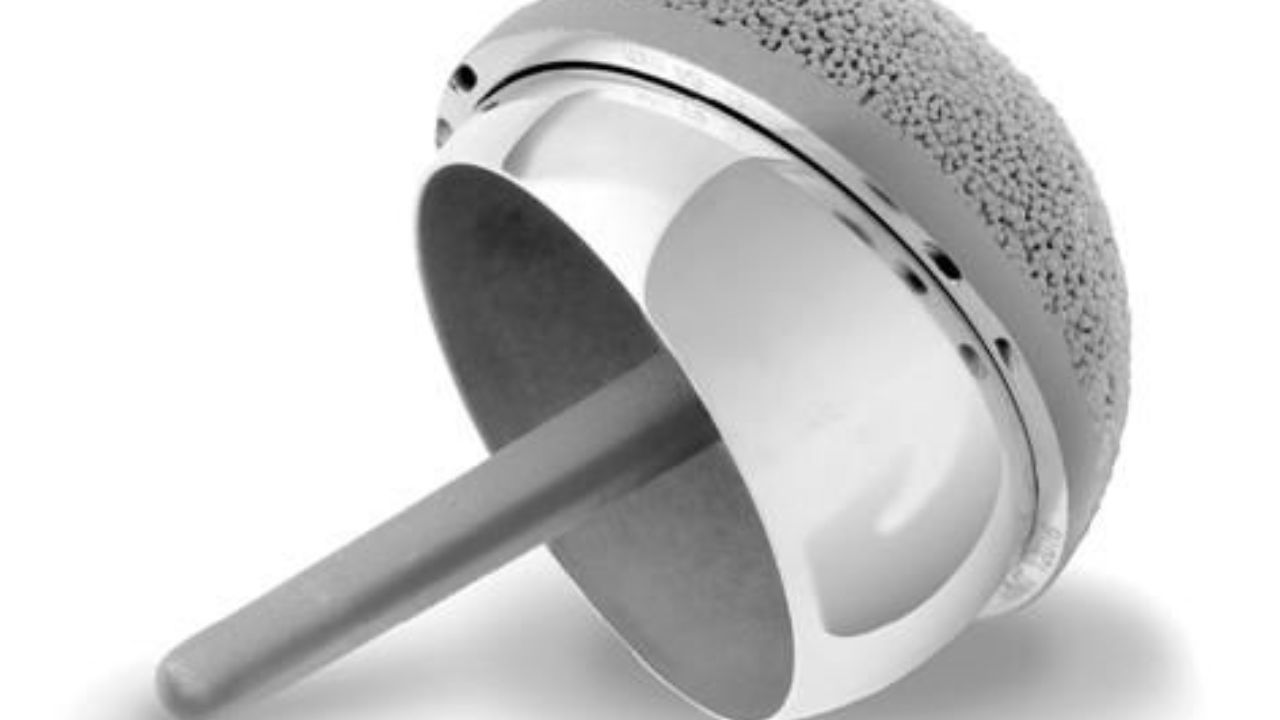Birmingham Hip Resurfacing Surgery in India
What is Birmingham Hip Resurfacing Surgery?
Birmingham hip resurfacing surgery offers a less invasive option compared to total hip replacement (THR). Instead of replacing the entire hip joint with an artificial one, this surgery resurfaces only the damaged parts of the joint. Surgeons fit a metal cap on the top of the femur and place a metal cup in the hip socket. This technique helps preserve more of the patient’s natural bone and reduces some complications linked with total hip replacement.
Who is a Candidate for Hip Resurfacing?
Active individuals aged 60 to 65 with healthy bone around their hip joint are ideal candidates. This procedure suits those with hip arthritis who are not yet in need of a total hip replacement. Surgeons generally advise against total hip replacement for younger patients due to the potential for future surgeries.
Procedure
Surgeons perform the surgery under general anesthesia. They make an incision to access the hip joint and remove the damaged cartilage. Then, they place a metal cap over the femoral head and insert a metal cup into the hip socket. Bone cement secures these components. Surgeons usually insert a drainage tube to prevent fluid buildup, which they remove within 48 hours.
Recovery
Patients typically leave the hospital within a few days. Surgeons recommend starting light exercises, like walking, to aid recovery. A physiotherapist will guide patients on safe activities and exercises to strengthen the hip. Most patients can resume driving within three to six weeks and return to work after six weeks. It is crucial to avoid vigorous activities until the physiotherapist gives the go-ahead.
Risks
The procedure involves risks such as bleeding, infection, bone fracture, and issues with the metal components like loosening or wear. Patients need regular follow-ups to monitor the hip joint and address any complications promptly.





